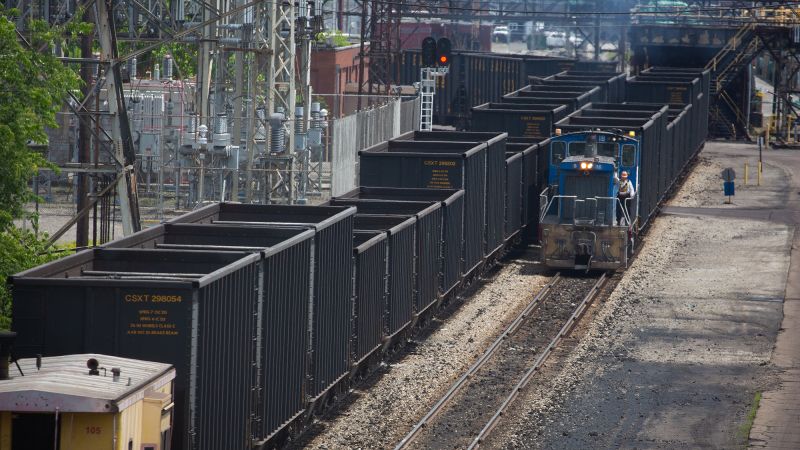US Steel is facing potential closure of several mills if the Biden administration blocks its sale to Nippon Steel, a Japanese buyer. Cleveland Cliffs has offered to purchase the threatened mills if the deal is stopped. The potential shutdown is a result of US Steel not receiving the planned $2.7 billion investment from Nippon as part of the $14.3 billion purchase. Both the Biden administration and the United Steelworkers union are opposed to the deal, with concerns about keeping the steelmaker in American hands.
The Union is citing a lack of trust in Nippon Steel’s promises due to the absence of a contract with the union. Sources suggest that President Joe Biden is likely to block the deal on national security grounds in the coming week. Cleveland Cliffs previously made an unsolicited $8.3 billion offer for US Steel, which was supported by the union but rejected by the company. Automakers also objected to the potential deal, fearing the consolidation of steel production control into a single company. However, these objections may be lessened if the alternative is the closure of the mills.
Cleveland Cliffs has stated that it has the necessary financing to purchase the threatened integrated steel mills. While the White House has not officially confirmed plans to block the Nippon Steel deal, President Biden, Vice President Kamala Harris, former President Donald Trump, and J.D. Vance have expressed criticism of the deal. Cleveland Cliffs CEO Lourenco Goncalves has applauded the reported plans to block the deal, denouncing US Steel’s threats of closure and headquarters relocation as “pathetic blackmail” and praising the government for taking action against such behavior.
The potential implications of the Nippon Steel deal being blocked include the risk of US Steel shutting down mills, firing union workers, and relocating its headquarters. President Biden and other officials have expressed concerns about the deal and its impact on American steel production. Cleveland Cliffs’ offer to purchase the mills presents an alternative solution to potential closures, ensuring the continuation of integrated steelmaking production. The situation reflects a complex interplay of economic, political, and national security considerations in the steel industry.















